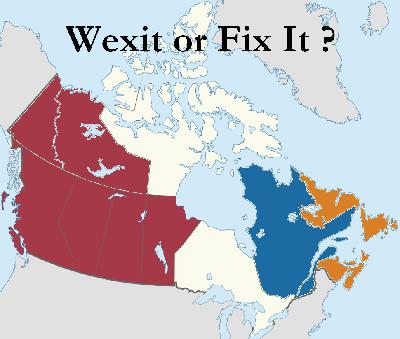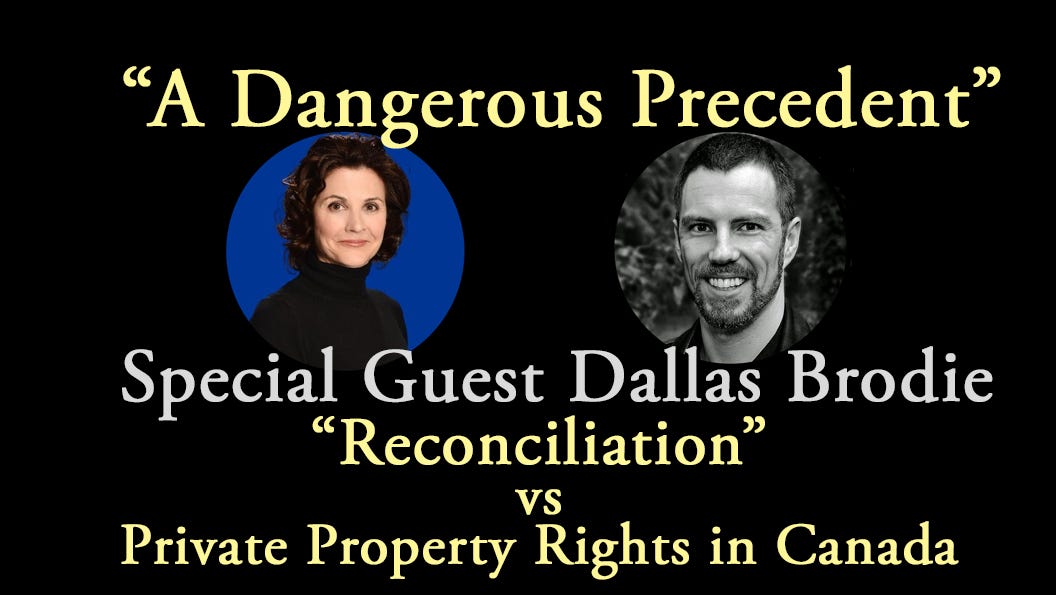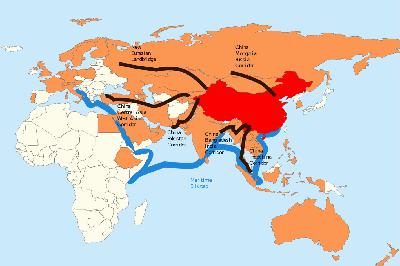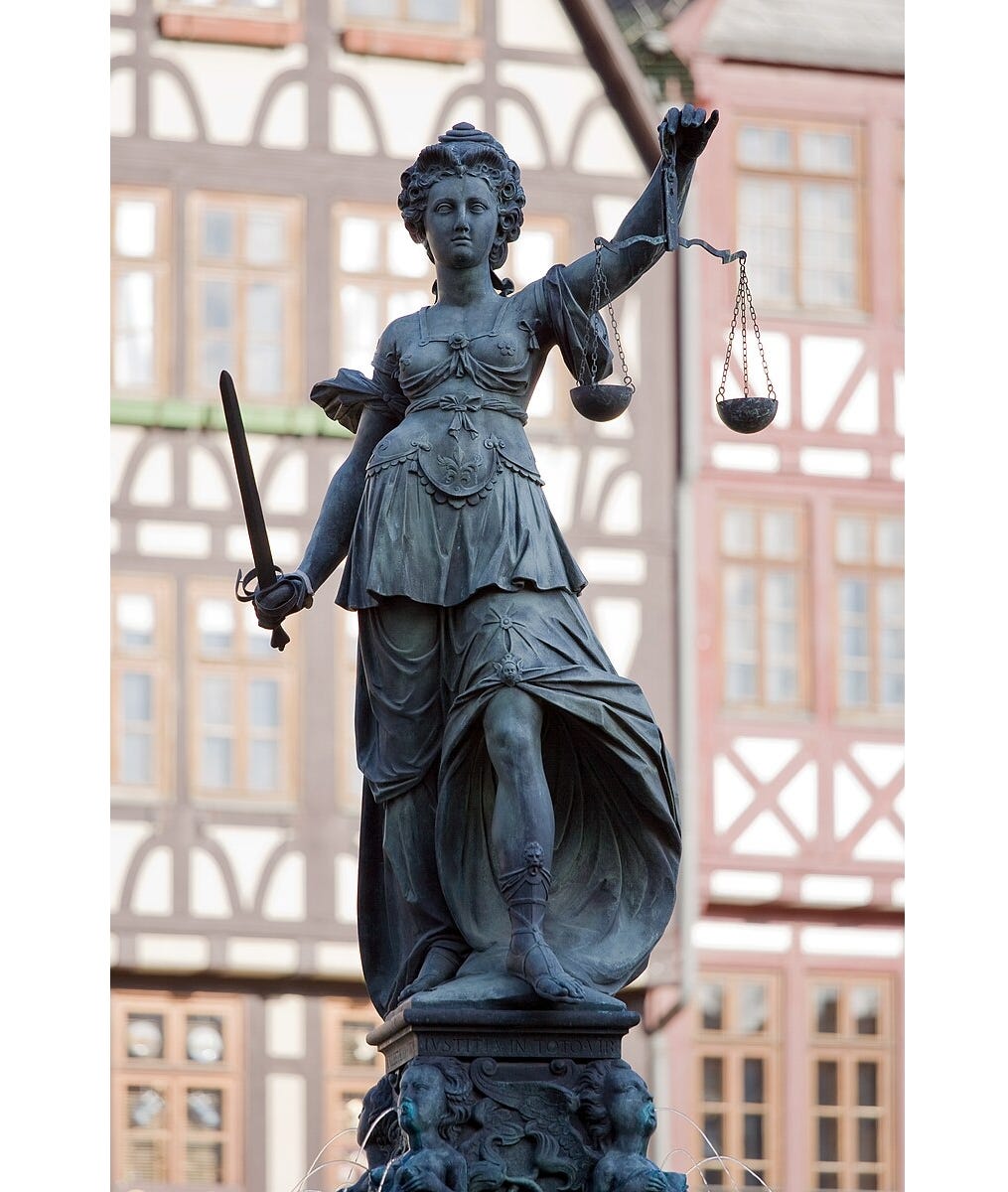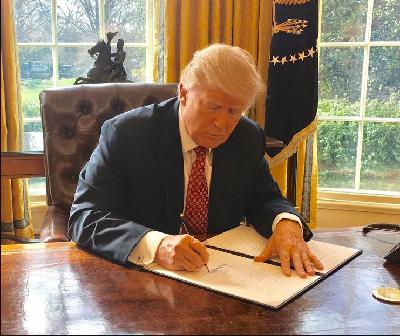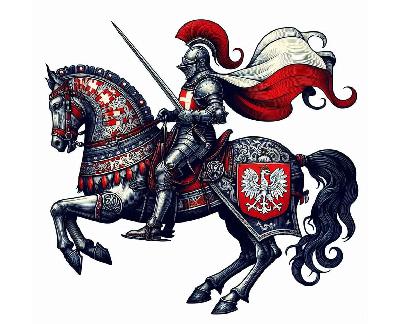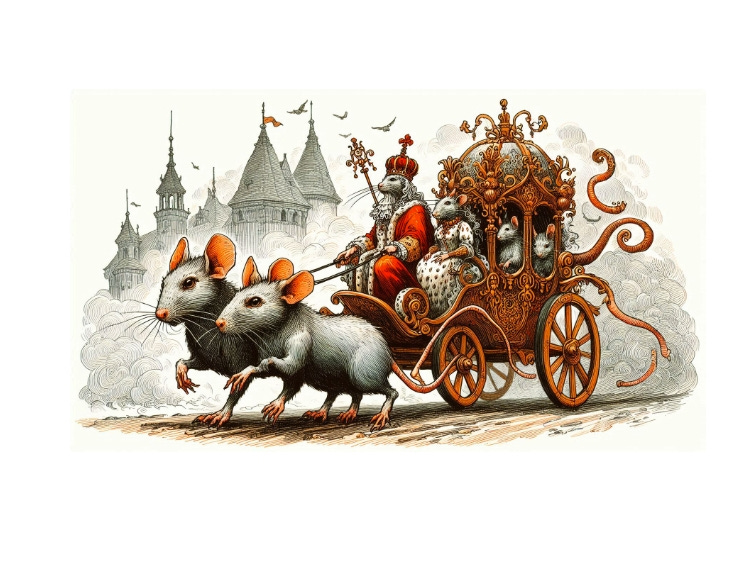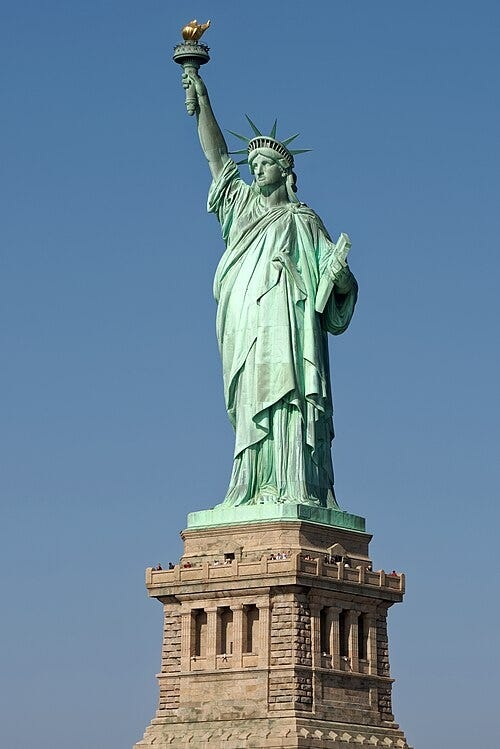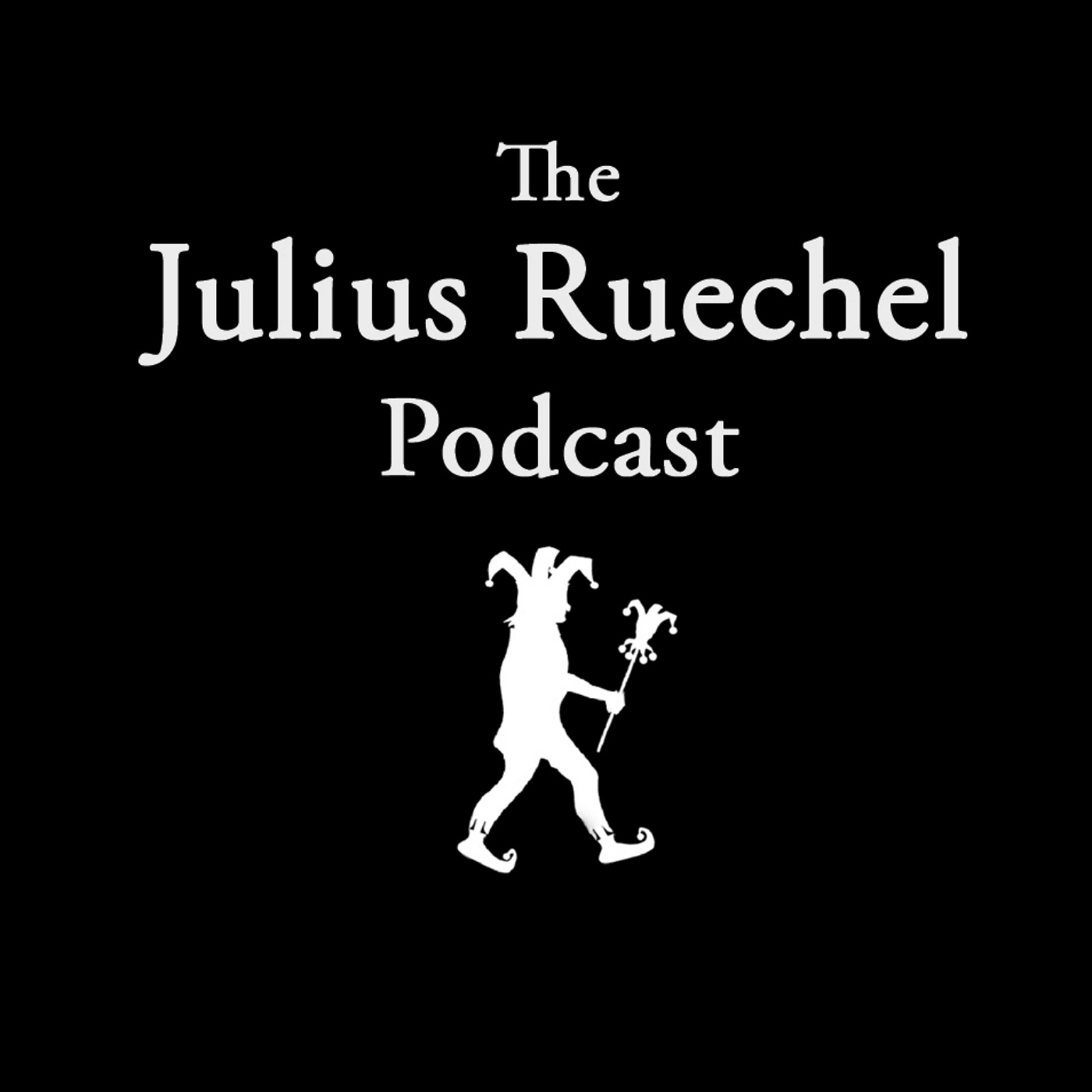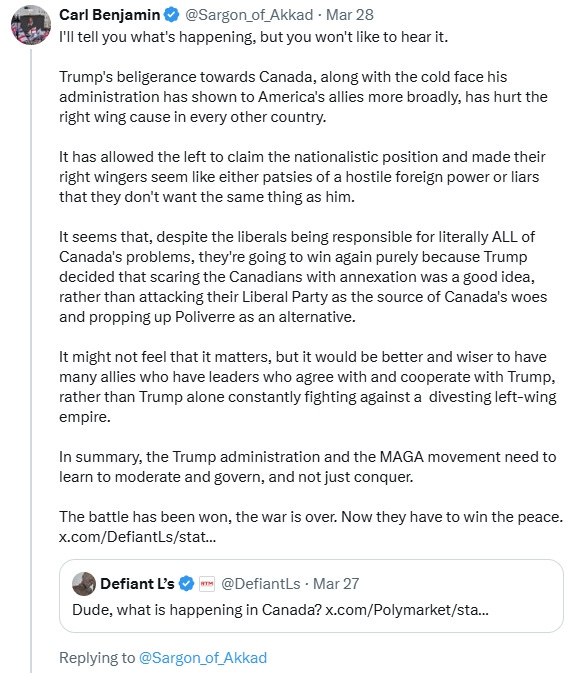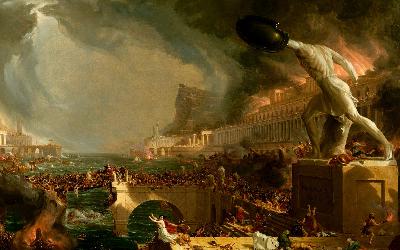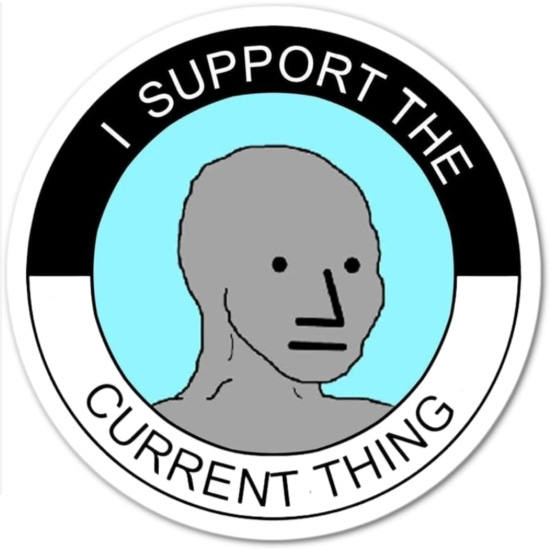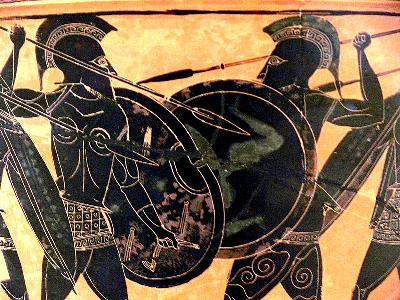A Storm From the West (Wexit or Fix It)
Description
“I worked night and day for twelve years to prevent the war, but I could not. The North was mad and blind, would not let us govern ourselves, and so the war came.” — Jefferson Davis, the first and only President of the Confederate States of America.
~ ~ ~
Before I turn to Alberta and the East-West divide that is threatening to tear Canada apart, I want to begin with a brief story from another time and place to bring some of the complex ideas contained in this essay into focus.
In 1864, three years into the bitter U.S. Civil War, as that war was turning increasingly barbaric, Abraham Lincoln allowed Colonel James Jaquess and another colleague to secretly slip across enemy lines to travel to Richmond, Virginia, to meet with Jefferson Davis, the first and only President of the Confederate States of America, in an unofficial effort to negotiate for peace. The full exchange, originally published in the September 1864 issue of the Atlantic (Vol. 14, No. 83 — also available on Project Guttenberg), is extremely eye-opening — I recommend reading the full exchange, but will reproduce the key points below:
Early in the conversation, Colonel Jaquess asks Davis:
“Our people want peace,—your people do, and your Congress has recently said that you do. We have come to ask how it can be brought about.”
“In a very simple way,” replies Davis. “Withdraw your armies from our territory, and peace will come of itself. We do not seek to subjugate you. We are not waging an offensive war, except so far as it is offensive-defensive,—that is, so far as we are forced to invade you to prevent your invading us. Let us alone, and peace will come at once.”
“But we cannot let you alone so long as you repudiate the Union. That is the one thing the Northern people will not surrender.”
“I know. You would deny to us what you exact for yourselves,—the right of self-government.”
As the conversation evolves it becomes clear that to Colonel Jaquess, it is perfectly moral, just, and natural for the minority, even a distinct geographic minority, to willingly subordinate itself to the democratic outcomes of majority rule. When you’re part of the numerical majority, this view is as natural as the sun rising in the East.
In this context, an exasperated Davis delivers one of his most famous quotes as he touches upon a theme that ultimately underpins virtually every separatist movement and civil war in history, that the South’s minority was not willing to allow itself to be further subjugated to the will of the North’s numerical majority:
“I tried all in my power to avert this war. I saw it coming, and for twelve years I worked night and day to prevent it, but I could not. The North was mad and blind; it would not let us govern ourselves; and so the war came.”
In Davis’s view, the idea that culturally and economically distinct sovereign states should subordinate themselves to the will of the numerical majority of the United States as a collective whole was a repudiation of the principles upon which the Republic was founded, which viewed each state as a sovereign entity, free to govern their own affairs within their own state borders, united only as a Republic as a means of securing their borders against foreign aggression and to regulate interstate commerce, NOT so that other states could override the local sovereignty of individual states via the national ballot box.
In short, Davis and his Southern peers viewed the American Republic as a collection of united yet sovereign states, each with their own distinct peoples. Whereas Colonel Jaquess, Abraham Lincoln, and their Northern peers had come to view the United States as a single united entity, one people united as a single nation.
Colonel Jaquess tries to impress upon Davis that the Union far outnumbered the Confederacy (4.5 to 1) and that within the Union exists the “unanimous determination to crush the Rebellion and save the Union at every sacrifice.” However, Colonel Jaquess points out to Davis that if the rebel Confederate government could be dismantled via an immediate cessation of hostilities and the Southern states returned to the Union, now, before the growing barbarism of the war caused such resentment that all of the Southern leaders would assuredly be hanged if the South loses the war, then peace and harmony could be restored and the North would even willingly welcome the South back into the Union, forgive the bloodshed, and help the South rebuild the destruction caused by the war.
Davis turns him down.
“There are some things worse than hanging or extermination. We reckon giving up the right of self-government one of those things.”
“By self-government you mean disunion,—Southern Independence?”
“Yes.”
“And slavery, you say, is no longer an element in the contest.”
“No, it is not, it never was an essential element. It was only a means of bringing other conflicting elements to an earlier culmination. It fired the musket which was already capped and loaded. There are essential differences between the North and the South that will, however this war may end, make them two nations.”
Colonel Jaquess turned the conversation to whether the conflict can be settled by letting the combined people of the United States (Union and Confederacy together) decide the contentious questions that led to the fracture of the Union by putting those questions to a nation-wide referendum, such that the South commits itself to accepting the wishes of the democratic majority, whichever way these questions are decided. To which Davis replies:
“That the majority shall decide it, you mean. We seceded to rid ourselves of the rule of the majority, and this would subject us to it again.”
“But the majority must rule finally, either with bullets or ballots.”
“I am not so sure of that. Neither current events nor history shows that the majority rules, or ever did rule. The contrary, I think, is true.”
Colonel Jaquess is dismayed.
“But, seriously, Sir, you let the majority rule in a single State; why not let it rule in the whole country?”
“Because the States are independent and sovereign. The country is not. It is only a confederation of States; or rather it was: it is now two confederations.”
“Then we are not a people,—we are only a political partnership?”
“That is all.”
Davis concludes the meeting with Colonel Jaquess and his colleague, stating that:
“I am glad to have met you, both. I once loved the old flag as well as you do; I would have died for it; but now it is to me only the emblem of oppression.”
“I hope the day may never come, Mr. Davis, when I say that,” said the Colonel.
After they left President Davis, Colonel Jaquess’ colleague was asked about the outcome of that meeting, to which he replied:
“Nothing but war,—war to the knife.”
The philosophical divide could not be bridged. The North could not compromise on a fractured Union that would result in the continental power of the United States to splinter into independent parts. To them, the republic created by the “united states in America” had become a single indivisible nation inhabited by a single indivisible people — a single nation called the United States OF America.
By contrast, the South could not compromise on subordinating itself to the majority rule of the greater whole at the expense of losing the state sovereignty that allowed each state to pursue its own destiny within its own borders according to its own local culture and local economic needs, as the Republic’s Founding Fathers had originally intended. And so, the bid for peace failed and the war ground onwards into its final brutal year.
As Davis makes clear during this extraordinary historical exchange, the moral and economic issue of slavery was merely the trigger — underneath it all was the bigger question of state sovereignty and self-governance, and the choice between a decentralized republic versus a singular all-encompassing nation.
Abraham Lincoln later complained that Jefferson Davis’s only terms of peace were the independence of the South — the dissolution of the Union. And Navy Secretary Gideon Wells later wrote in his diary about Colonel Jaquess’ attempt to reach out to Davis, stating that:
“Colonel Jaquess is another specimen of inconsiderate and unwise, meddlesome interference. The President assented to his measure and gave him a card, or passport, to go beyond our lines. There is no doubt that the Colonel was sincere, but he found himself unequal to the task he had undertaken. Instead of persuading Jeff Davis to change his course, Davis succeeded in persuading poor Jaquess that the true course to be pursued was to let Davis & Co. do as they please. The result was that Jaquess and his friend Gilmore who went to Richmond to shear, came back shorn.”
~ ~ ~
It may surprise some readers to see me start this essay about Alberta’s struggle to assert its sovereignty within Canada with a story about the leader of the Confederate South from the U.S. Civil War era. This is a different era with different issues at stake, and most view Canada as a completely different and morally upright country that prides itself on its politeness and on its cultural and economic diversity as it avoids the raw, snarling, uncompromising politics of our American neighbors. Beside

